Will 2022 bring another Miracle on Ice?

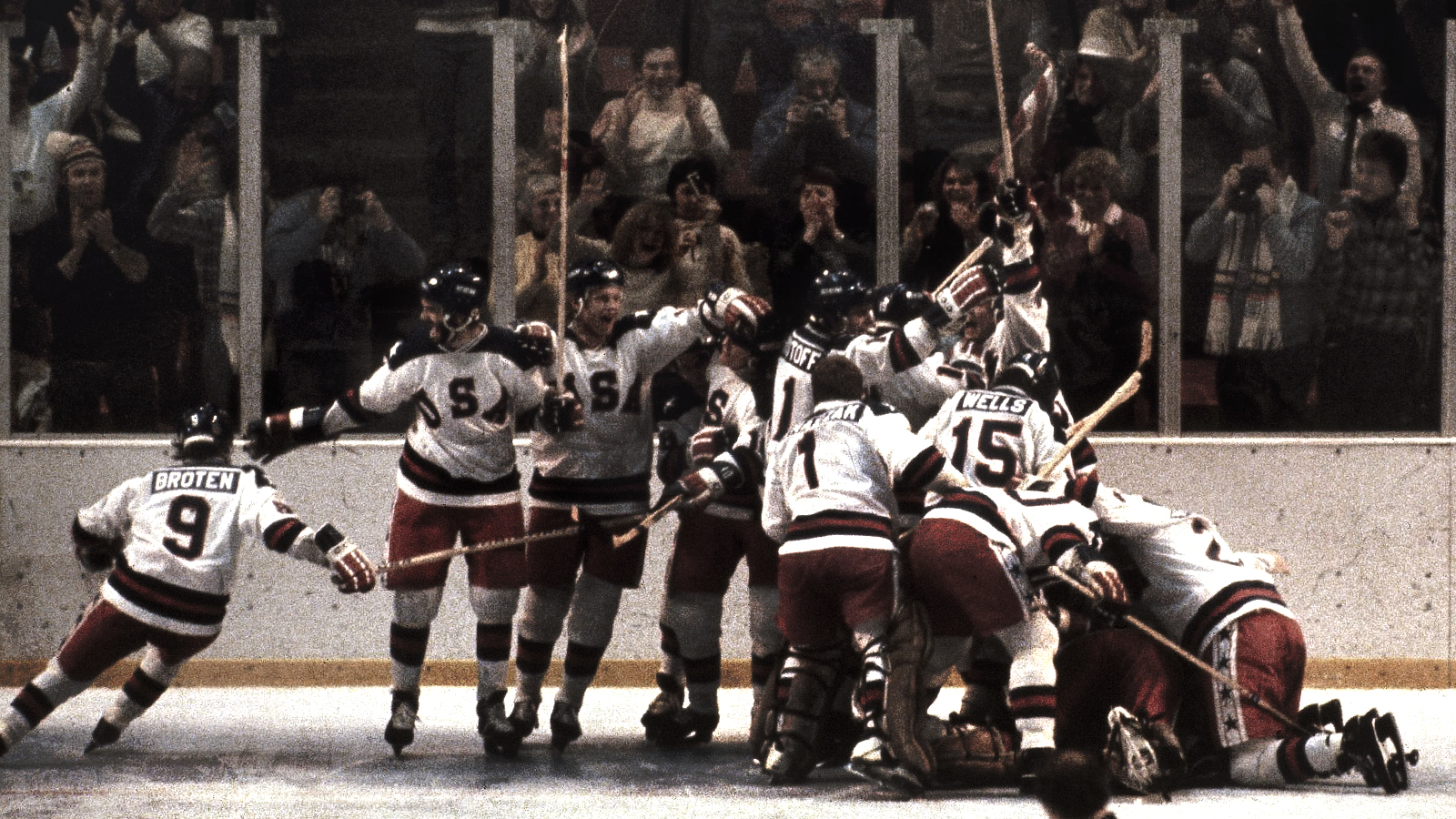
A free daily email with the biggest news stories of the day – and the best features from TheWeek.com
You are now subscribed
Your newsletter sign-up was successful
The modern Olympics were conceived as a celebration of amateurism. In this idealistic vision, athletes from around the world would gather to compete on the basis of ability, commitment, and friendly rivalry — not because they were being paid.
It hasn't worked that way. Since the 1970s, restrictions against participation by professionals have been steadily relaxed. The changes have been less dramatic in sports that can't sustain commercial leagues, but in basketball, hockey, and a few other Olympic events, competition is dominated by international stars who earn millions for deploying their skills seasonally on behalf of valuable privately-owned franchises.
It was a breath of fresh air, then, when the USA Hockey organization announced its roster for the upcoming Winter Games this week. Because the NHL barred its players from participating due to COVID-related interruptions of the season, the U.S. team will be heavy on college players. For many fans, the young squad will recall the "Miracle on Ice" team of 1980, which defeated a heavily favored (and effectively professionalized) Soviet team before going on to win an improbable gold medal.
The Week
Escape your echo chamber. Get the facts behind the news, plus analysis from multiple perspectives.

Sign up for The Week's Free Newsletters
From our morning news briefing to a weekly Good News Newsletter, get the best of The Week delivered directly to your inbox.
From our morning news briefing to a weekly Good News Newsletter, get the best of The Week delivered directly to your inbox.
Residual Cold War enthusiasm isn't the only reason that story sticks with us more than four decades later. The Olympics are at their best when they provide a fleeting but high-profile stage to athletes and events that otherwise receive little attention. It's true that the meaning of amateurism has changed over the decades — as depicted in the film Chariots of Fire, competitors were initially discouraged from seeking the advice of coaches or even engaging in systematic training. But there's still something thrilling about watching athletes who know they'll never play for a living give everything they have for a few minutes, hours, or days of glory.
It's too bad about the setting, though. As the Games have grown more expensive and disruptive to mount, the role of host has become most appealing to authoritarian regimes that hope to use them as a showcase for their economic and technological prowess. In 1980, it was a miracle for a team of amateurs to defeat the Soviets in the rink. In 2022, we'd need a very different kind of miracle to upset the hubris of the Chinese Communist Party.
A free daily email with the biggest news stories of the day – and the best features from TheWeek.com
Samuel Goldman is a national correspondent at TheWeek.com. He is also an associate professor of political science at George Washington University, where he is executive director of the John L. Loeb, Jr. Institute for Religious Freedom and director of the Politics & Values Program. He received his Ph.D. from Harvard and was a postdoctoral fellow in Religion, Ethics, & Politics at Princeton University. His books include God's Country: Christian Zionism in America (University of Pennsylvania Press, 2018) and After Nationalism (University of Pennsylvania Press, 2021). In addition to academic research, Goldman's writing has appeared in The New York Times, The Wall Street Journal, and many other publications.
-
 Local elections 2026: where are they and who is expected to win?
Local elections 2026: where are they and who is expected to win?The Explainer Labour is braced for heavy losses and U-turn on postponing some council elections hasn’t helped the party’s prospects
-
 6 of the world’s most accessible destinations
6 of the world’s most accessible destinationsThe Week Recommends Experience all of Berlin, Singapore and Sydney
-
 How the FCC’s ‘equal time’ rule works
How the FCC’s ‘equal time’ rule worksIn the Spotlight The law is at the heart of the Colbert-CBS conflict
-
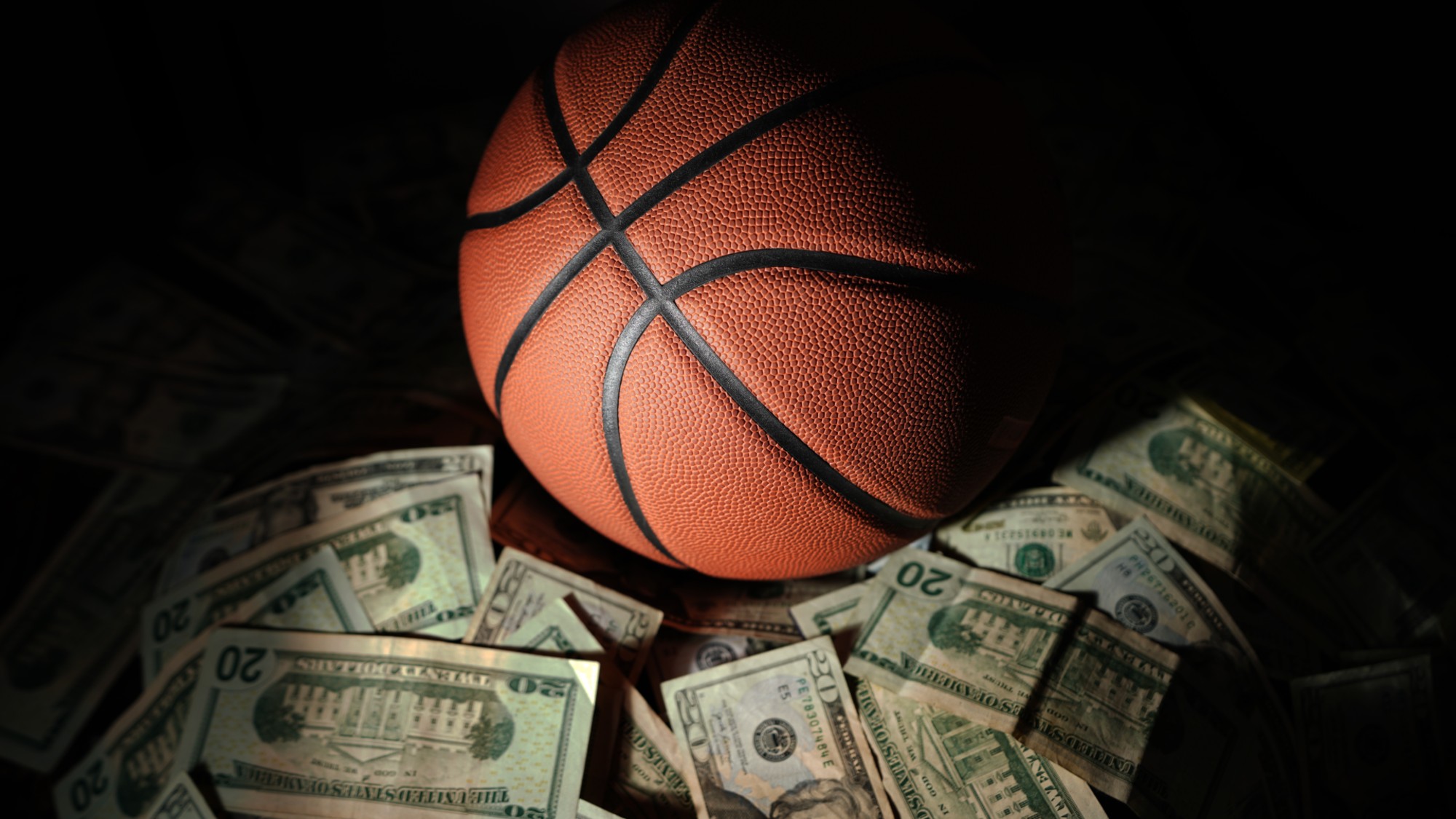 Can the NBA survive the FBI’s gambling investigation?
Can the NBA survive the FBI’s gambling investigation?Talking Points A casualty of the ‘sports gambling revolution’
-
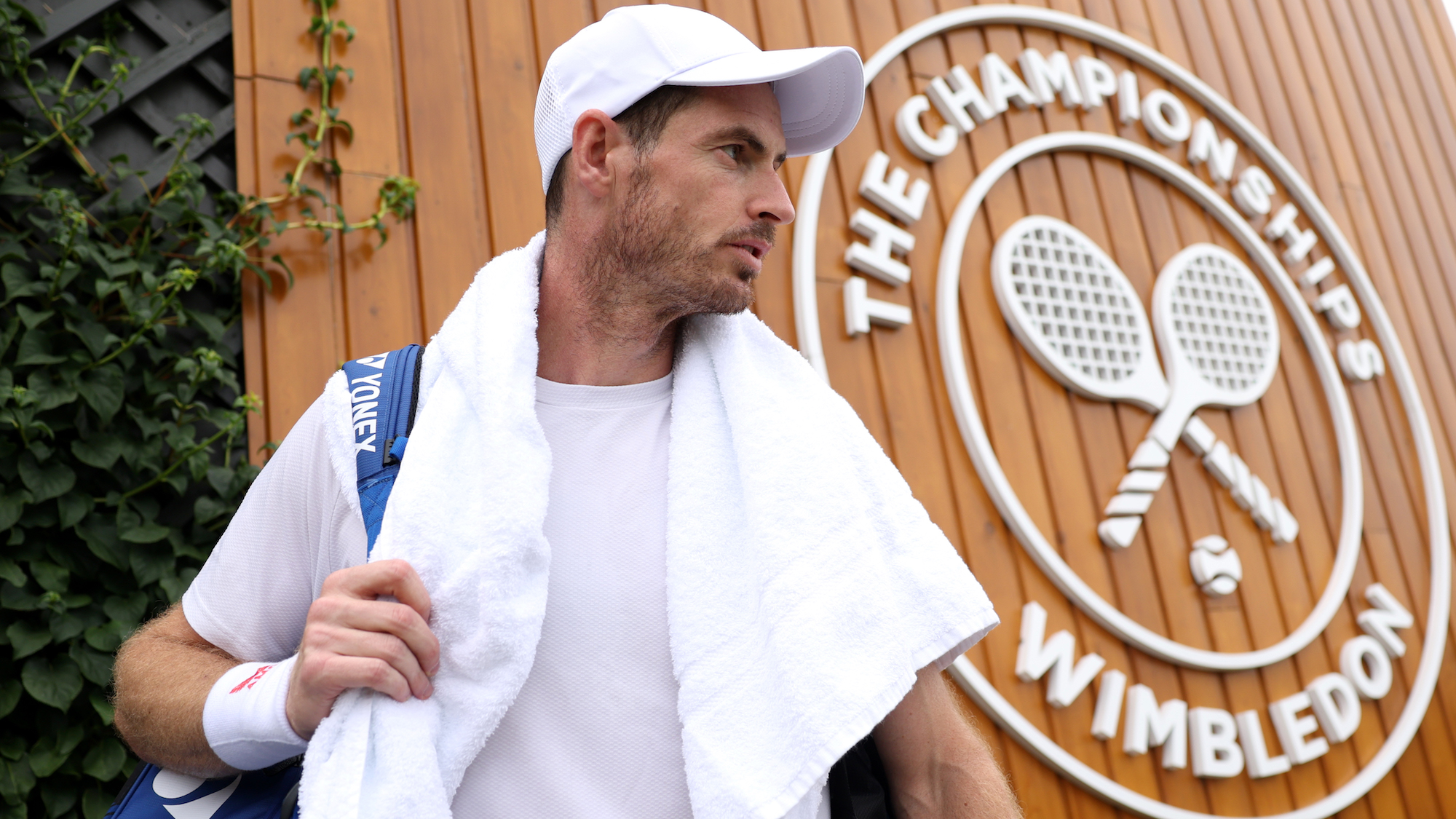 Andy Murray: Britain's greatest sportsperson?
Andy Murray: Britain's greatest sportsperson?Talking Points Injury denies Scot a final singles appearance at Wimbledon but his place in history is assured
-
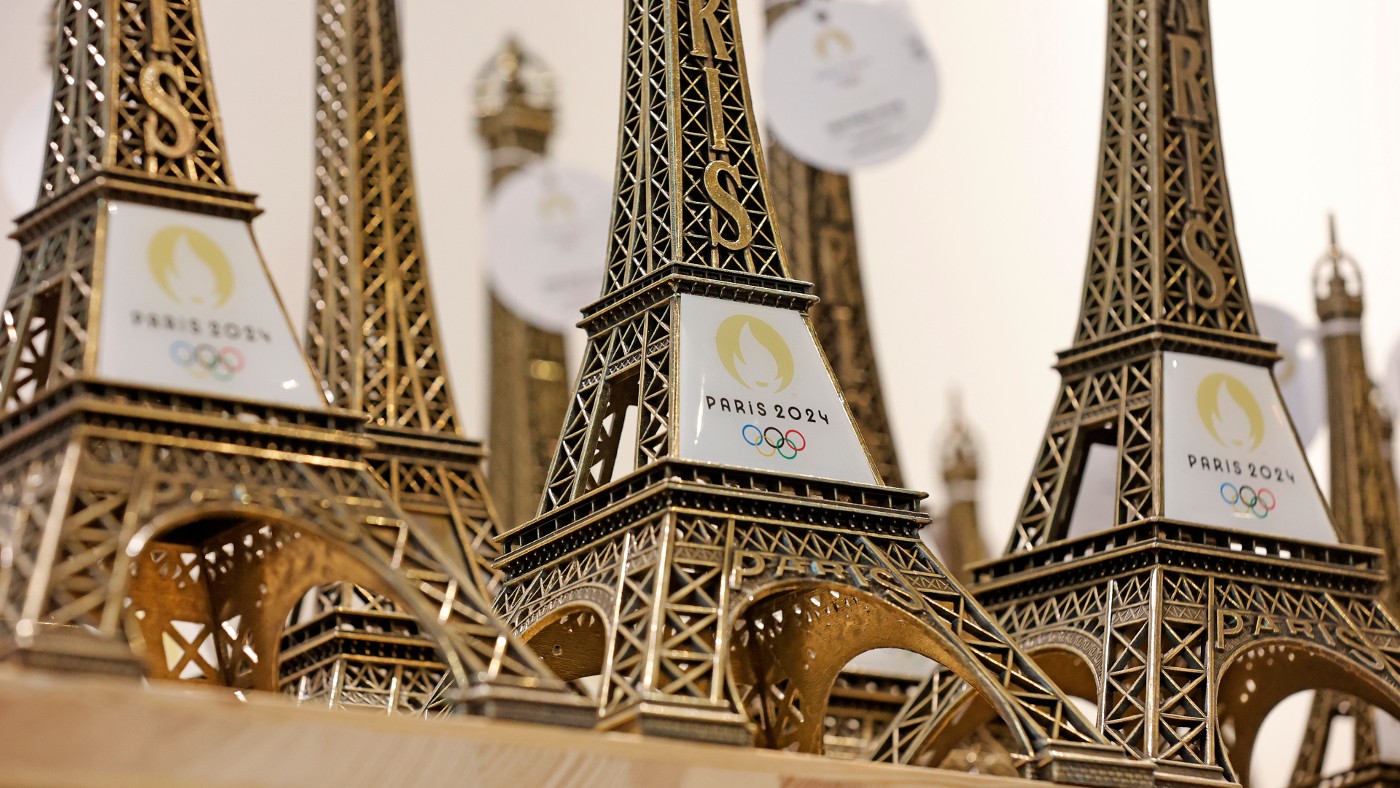 Olympics 2024: is Paris ready to party?
Olympics 2024: is Paris ready to party?Talking Points Build-up to this summer's Games 'marred' by rows over national identity, security and pollution
-
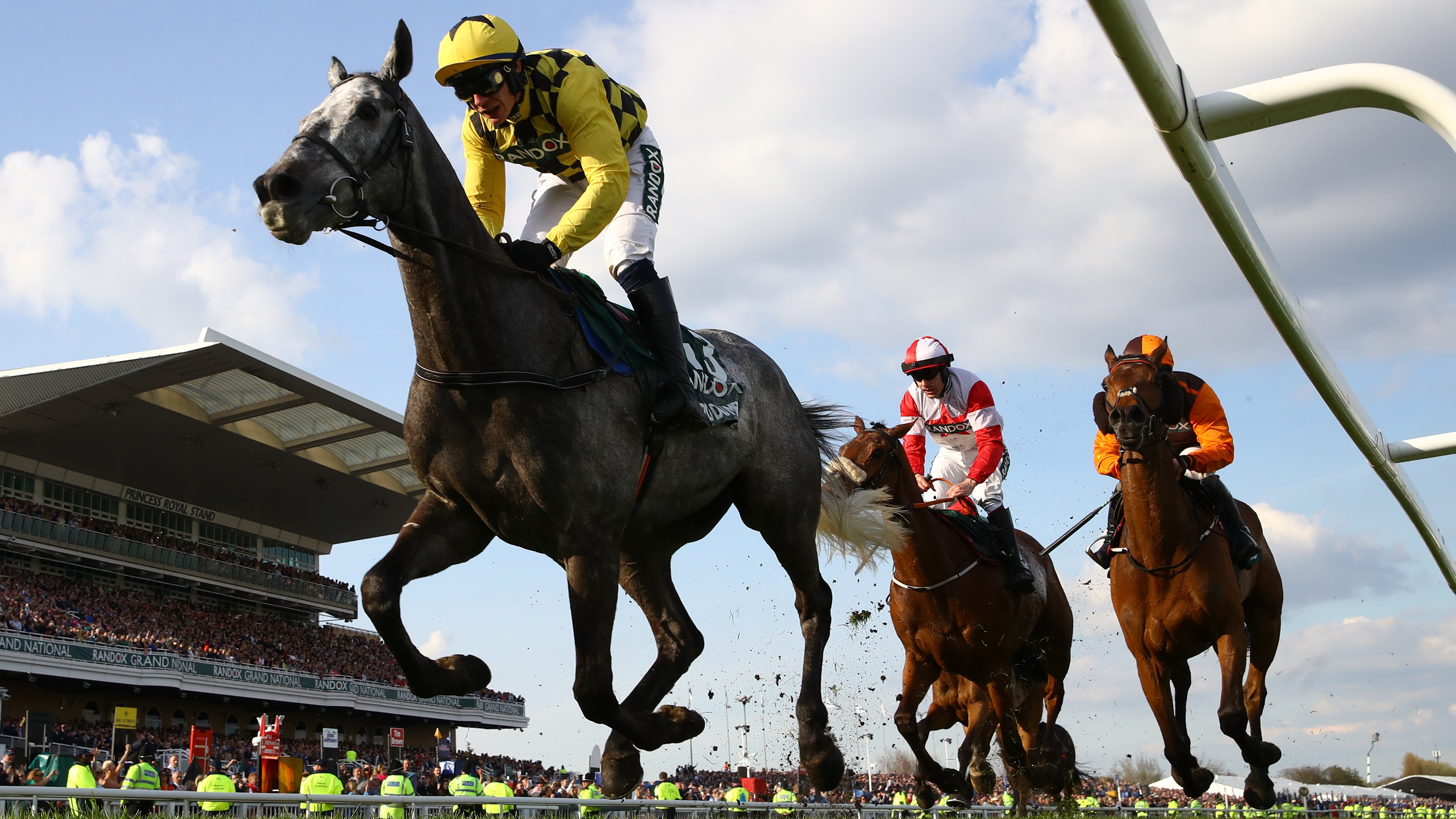 Grand National: will safety changes work?
Grand National: will safety changes work?Talking Point UK's most famous horse race brings in new welfare measures amid increased scrutiny
-
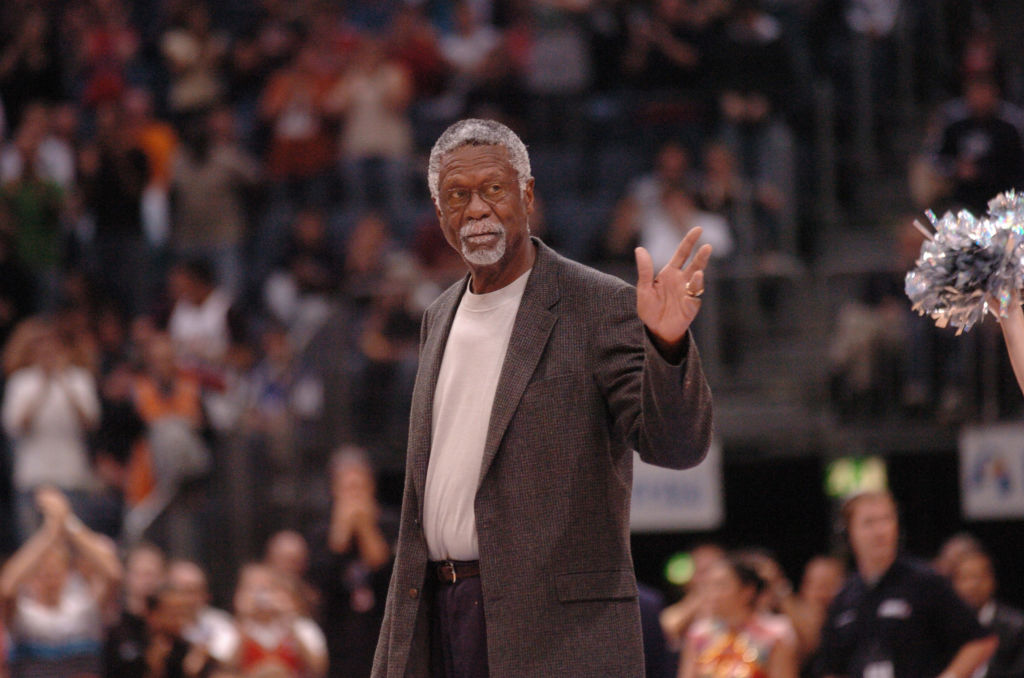 Bill Russell's legacy
Bill Russell's legacyTalking Point The brilliant team player who backed down to no one, on and off the court
-
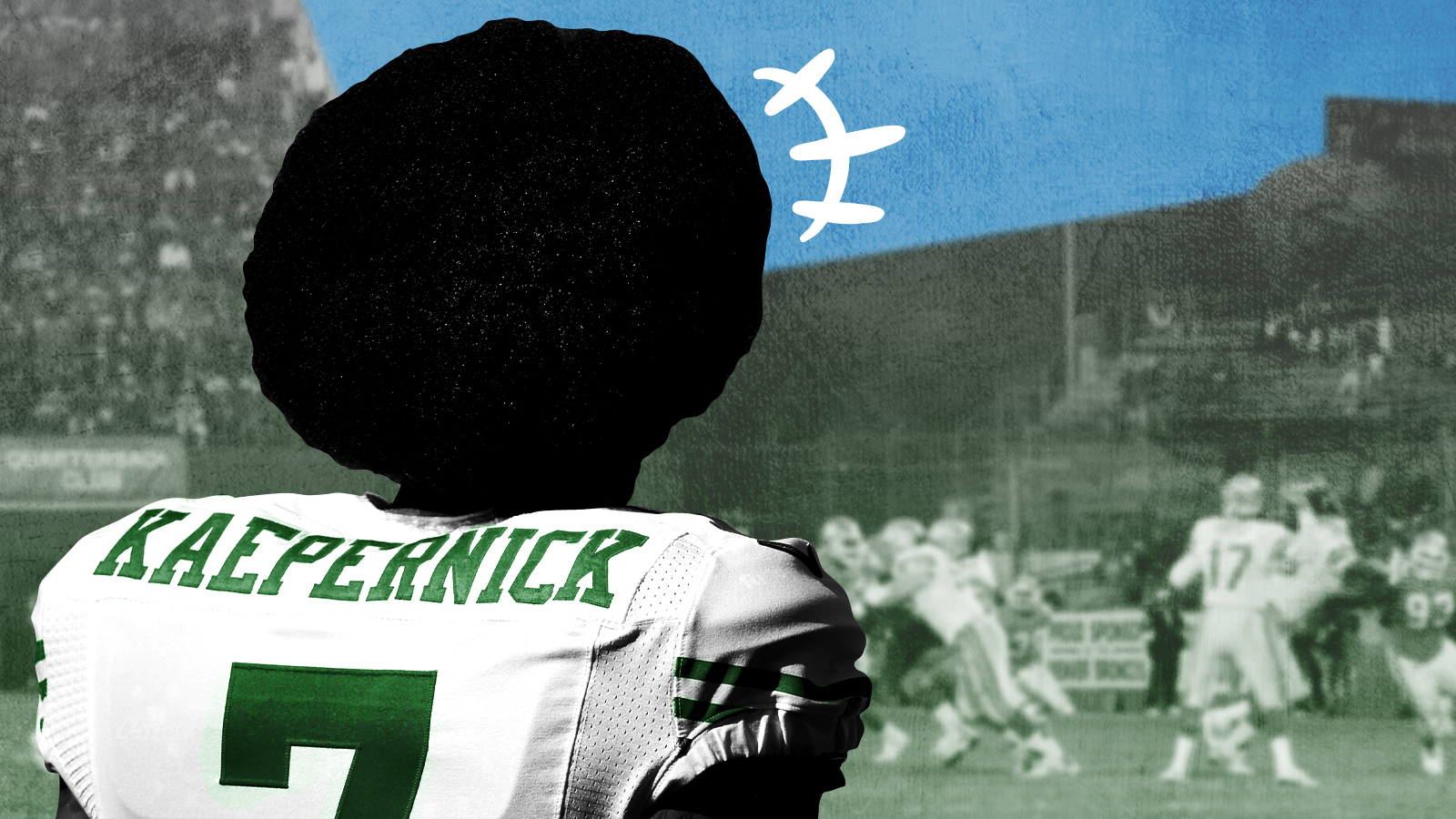 Colin Kaepernick won't make it as a backup in the NFL
Colin Kaepernick won't make it as a backup in the NFLTalking Point
-
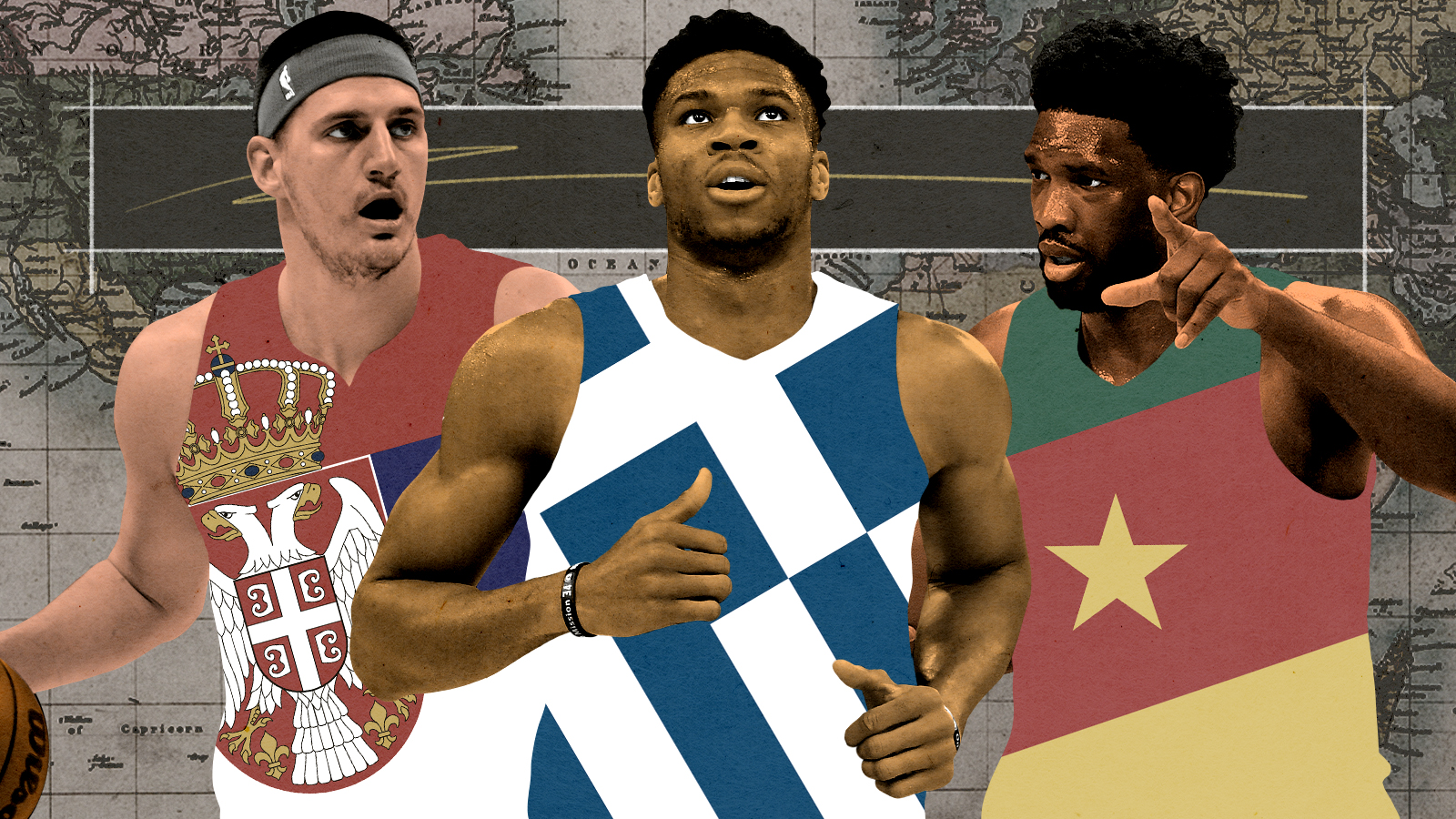 The NBA belongs to the world now
The NBA belongs to the world nowTalking Point
-
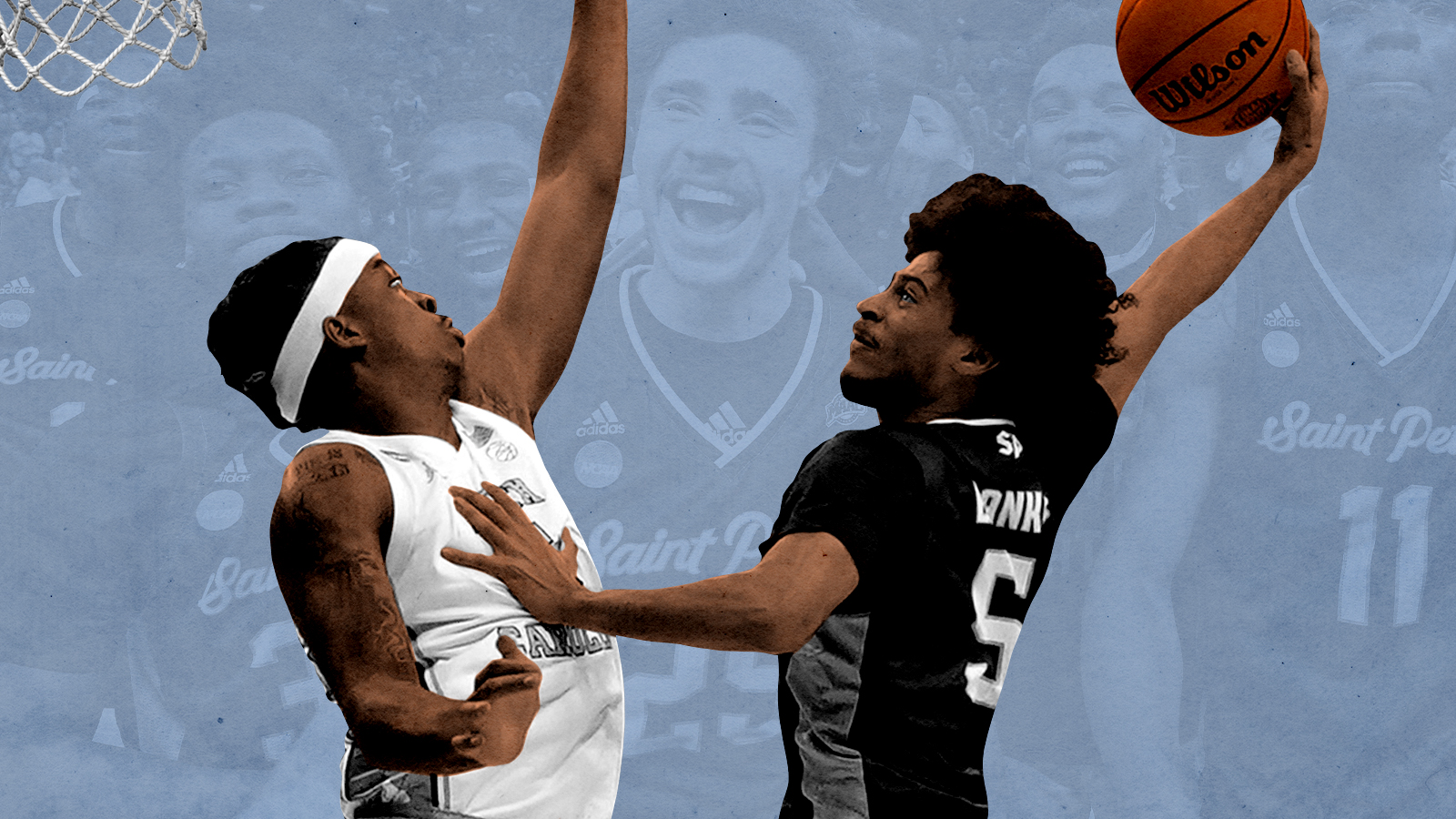 We'll remember St. Peter's wins long after we forget UNC's
We'll remember St. Peter's wins long after we forget UNC'sTalking Point
